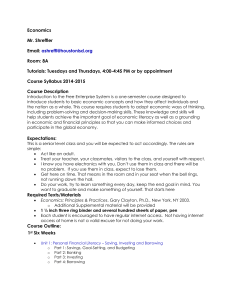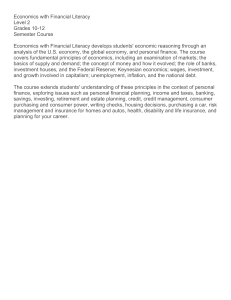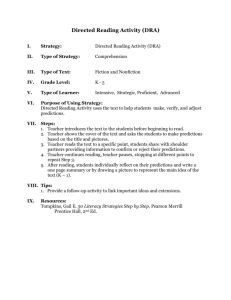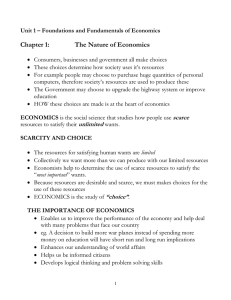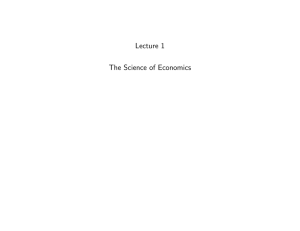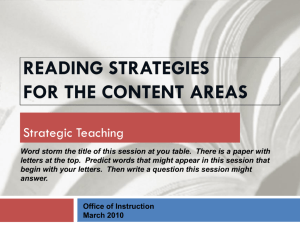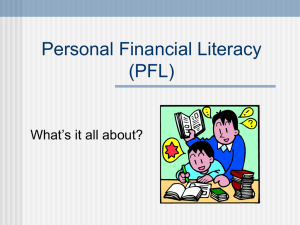The Canterbury Tales
advertisement
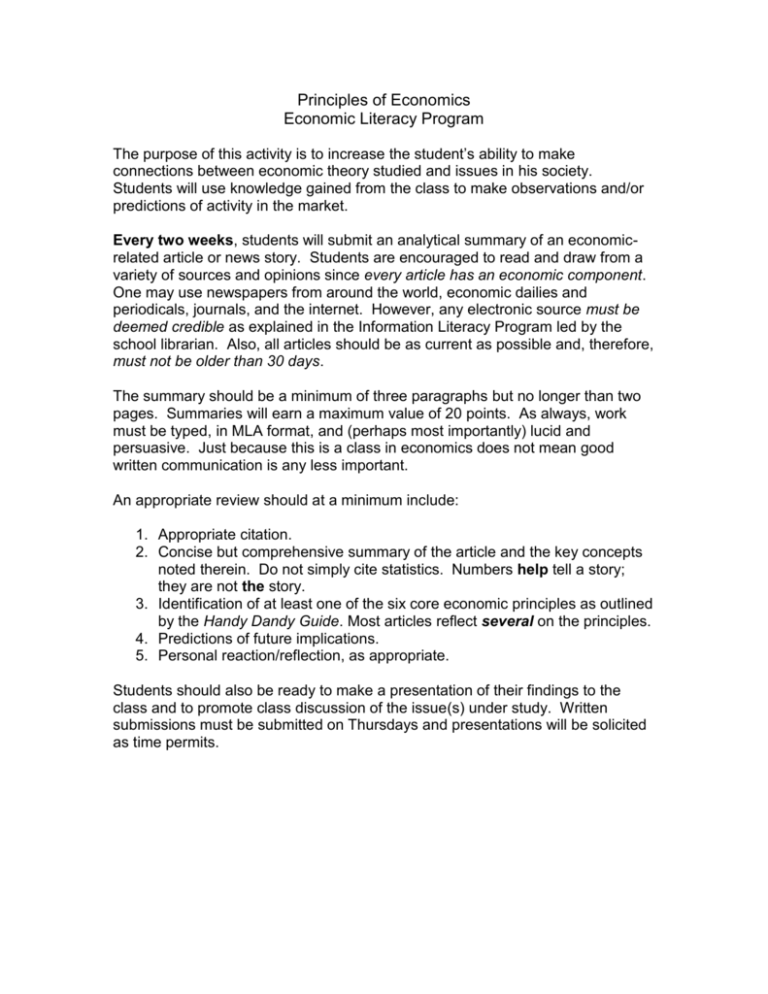
Principles of Economics Economic Literacy Program The purpose of this activity is to increase the student’s ability to make connections between economic theory studied and issues in his society. Students will use knowledge gained from the class to make observations and/or predictions of activity in the market. Every two weeks, students will submit an analytical summary of an economicrelated article or news story. Students are encouraged to read and draw from a variety of sources and opinions since every article has an economic component. One may use newspapers from around the world, economic dailies and periodicals, journals, and the internet. However, any electronic source must be deemed credible as explained in the Information Literacy Program led by the school librarian. Also, all articles should be as current as possible and, therefore, must not be older than 30 days. The summary should be a minimum of three paragraphs but no longer than two pages. Summaries will earn a maximum value of 20 points. As always, work must be typed, in MLA format, and (perhaps most importantly) lucid and persuasive. Just because this is a class in economics does not mean good written communication is any less important. An appropriate review should at a minimum include: 1. Appropriate citation. 2. Concise but comprehensive summary of the article and the key concepts noted therein. Do not simply cite statistics. Numbers help tell a story; they are not the story. 3. Identification of at least one of the six core economic principles as outlined by the Handy Dandy Guide. Most articles reflect several on the principles. 4. Predictions of future implications. 5. Personal reaction/reflection, as appropriate. Students should also be ready to make a presentation of their findings to the class and to promote class discussion of the issue(s) under study. Written submissions must be submitted on Thursdays and presentations will be solicited as time permits.
